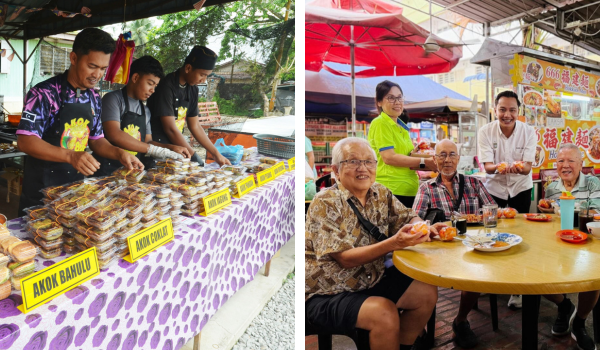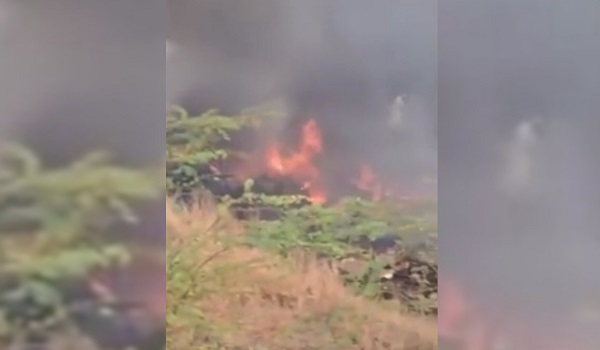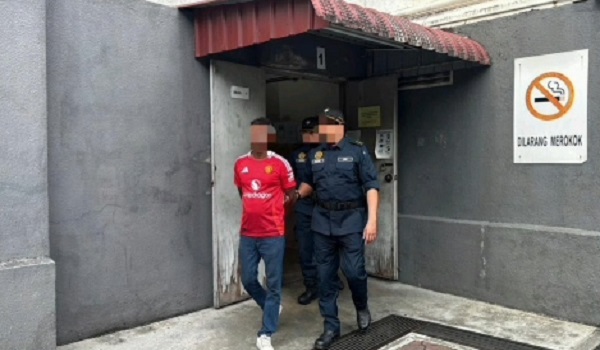PUTRAJAYA, October 9 – The Ministry of Agriculture and Food Security (MAFS) will establish the separation of powers among relevant agencies and introduce new regulations to strengthen the country’s paddy and rice sector.
Its Minister, Datuk Seri Mohamad Sabu said the separation of powers would involve the Paddy Industry Development Division, Rice Regulatory Division and government representatives in Padiberas Nasional Berhad (BERNAS).
“We are separating those involved in the paddy industry so that there will be no accusations that an unit head is ‘wearing one hat for two tasks’. This time, it will be ‘two hats for two tasks’ and this decision was made after an extensive and lengthy engagement with all parties.
“Currently, paddy and rice development, and the enforcement division are under one director. Now, they are going to be separated,” he said in a press conference after the MAFS Monthly Assembly, here, today.
On the new regulations, he said the introduction of a Circular Prohibiting the Mixing of Local White Rice with Imported White Rice would also be introduced, with the circular expected to be issued soon.
He said MAFS has also introduced a new calculation basis for the country’s Self-Sufficiency Rate (SSR) and Per Capita Consumption (PCC) of rice in line with the standards set by the Food and Agriculture Organisation of the United Nations (FAO, UN) starting this year.
“Through this new method, MAFS has determined the calculation basis for paddy production in 2023, by only taking into account the amount of clean paddy that will be processed into rice,” he said, adding that the calculation does not include the amount of paddy set aside for seed purposes for the same year.
With the adjustment in the methodology for calculating SSR and PCC for rice using the new method in 2023, the country’s SSR for rice is at 56.2 percent, slightly lower compared to 57.9 percent in 2022.
“A more detailed announcement regarding the new calculation method for the country’s SSR for rice will be made this Friday,” he said.
Commenting on Sarawak’s commitment to the paddy industry, he said the state is allocating RM500 million to increase paddy and rice production, which should be emulated by other states.
“This is because the effort to increase the country’s SSR for rice is not solely MAFS’ responsibility, we also require strong support and cooperation from all parties,” he said.
In July, Sarawak Premier Tan Sri Abang Johari Tun Openg announced that RM500 million has been approved for a paddy irrigation scheme in 2025, with allocations for paddy planting areas in Sri Aman, Kuching, and Samarahan.
In another development, he said MAFS is also focusing on increasing the SSR for meat, which is still below 20 percent, as the country is still reliant on imported meat from several countries.
He said a special committee, chaired by MAFS Secretary-General Datuk Seri Isham Ishak, would be formed to address the matter, with a strategic plan expected to be formulated by the first quarter of 2025 to improve the country’s SSR for meat.
On Budget 2025, he said MAFS has submitted 32 initiative proposals to the Ministry of Finance to strengthen the food supply chain management, to ensure a more organised and structured supply for all levels of society. — BERNAMA



